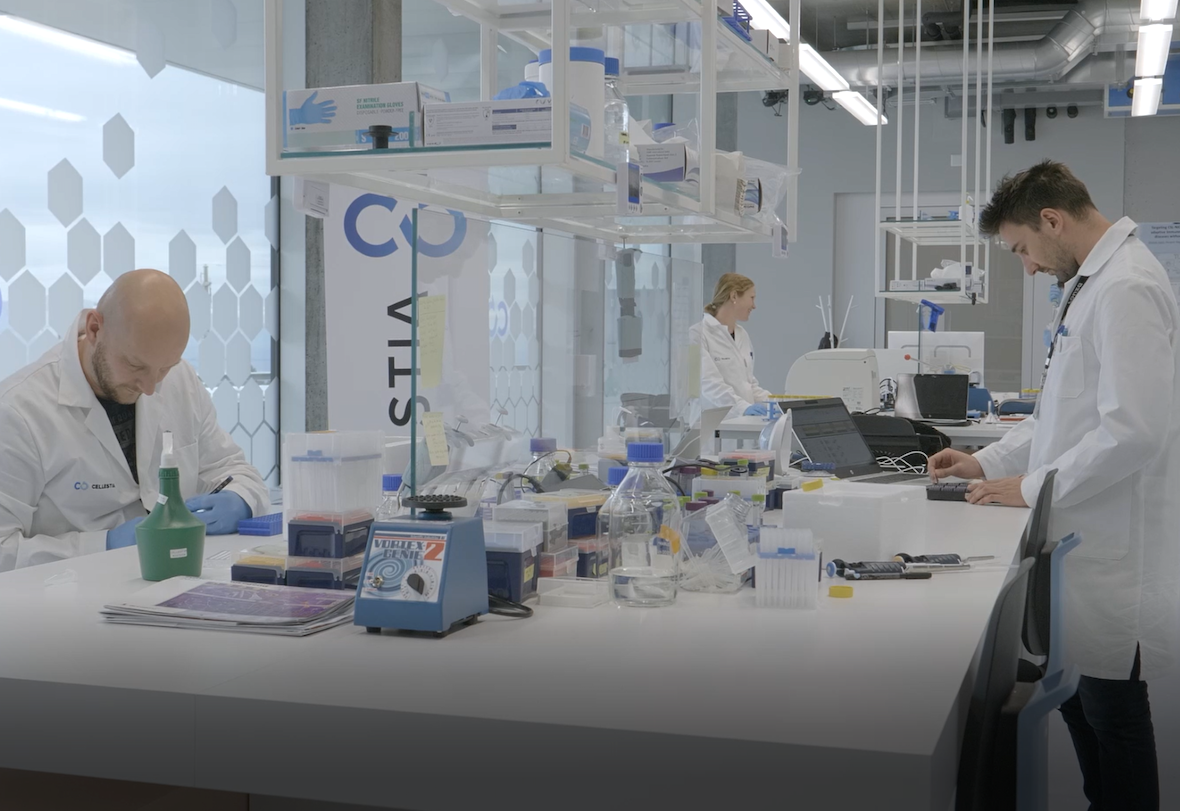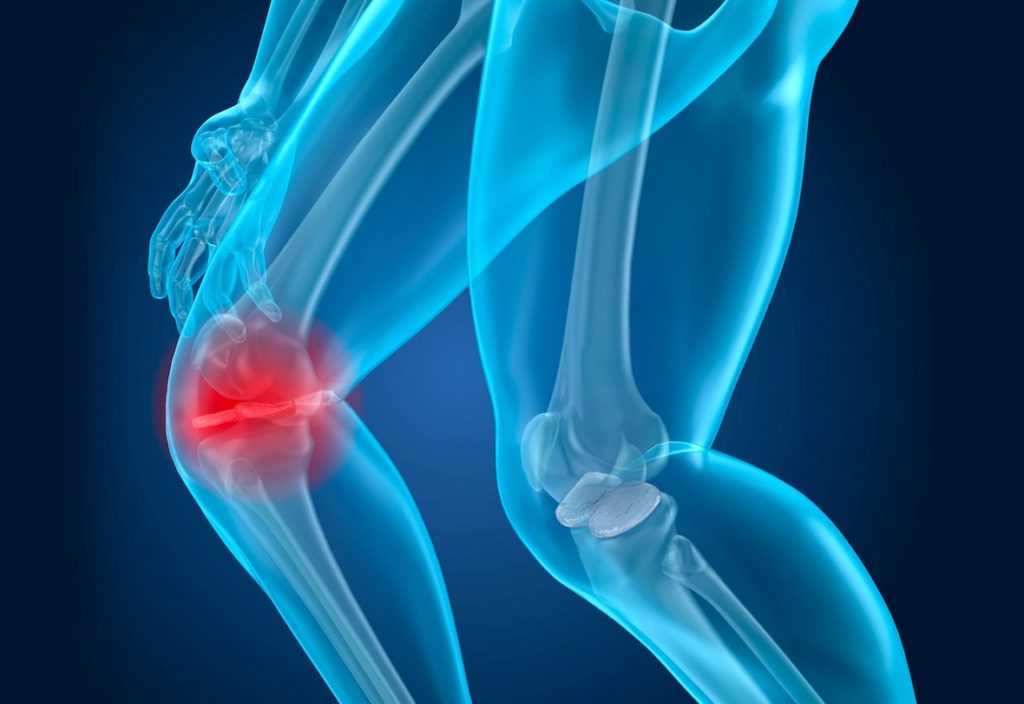
Cellestia Biotech receives CHF 2 million for its pioneering GvHD prevention therapy
23 January 2024
 Cellestia Biotech is pioneering innovative therapeutics based on novel modes of action to treat autoimmune diseases and multi-drug resistant cancers. | © Cellestia
Cellestia Biotech is pioneering innovative therapeutics based on novel modes of action to treat autoimmune diseases and multi-drug resistant cancers. | © Cellestia
Biopôle-based biotech Cellestia was awarded a CHF 2 million Innosuisse grant for its novel GvHD prevention therapy.
Cellestia, a Lausanne-based biotech specializing in the development of novel therapeutics for autoimmune diseases and multi-drug resistant cancers, has been awarded a significant CHF 2 million grant from Innosuisse, the Swiss Innovation Agency. This grant, part of the Startup Innovation project, aims to advance CB-103, a first-in-class drug for the prevention of Graft versus Host Disease (GvHD), to clinical Proof of Concept.
Now based at the Biopôle life sciences campus in Lausanne, Cellestia was founded as a spin-off from the Swiss Institute for Experimental Cancer Research (ISREC) of the EPFL. The company’s leading compound, CB-103, specifically targets the CSL-NOTCH transcription complex and has shown promise in both safety and biological activity in human trials.
Significant impact in a challenging medical area
Cellestia’s project targets the development of CB-103 as a groundbreaking approach to prevent GvHD in patients undergoing allogeneic Hematopoietic Stem Cell Transplant (HSCT). This innovative strategy seeks to transform the management of GvHD from treatment to prevention. “We extend our sincere thanks to Innosuisse for recognizing the potential of CB-103 in enhancing the lives of patients grappling with GvHD,” said Raj Lehal, CEO of Cellestia.
GvHD remains the leading non-relapse-related cause of mortality in individuals undergoing allo-HSCT, affecting over 50% of patients. The current standard of care for GvHD prevention is insufficient, leading to high mortality rates. With Cellestia’s novel approach, there is potential for a significant impact in this challenging medical area.

